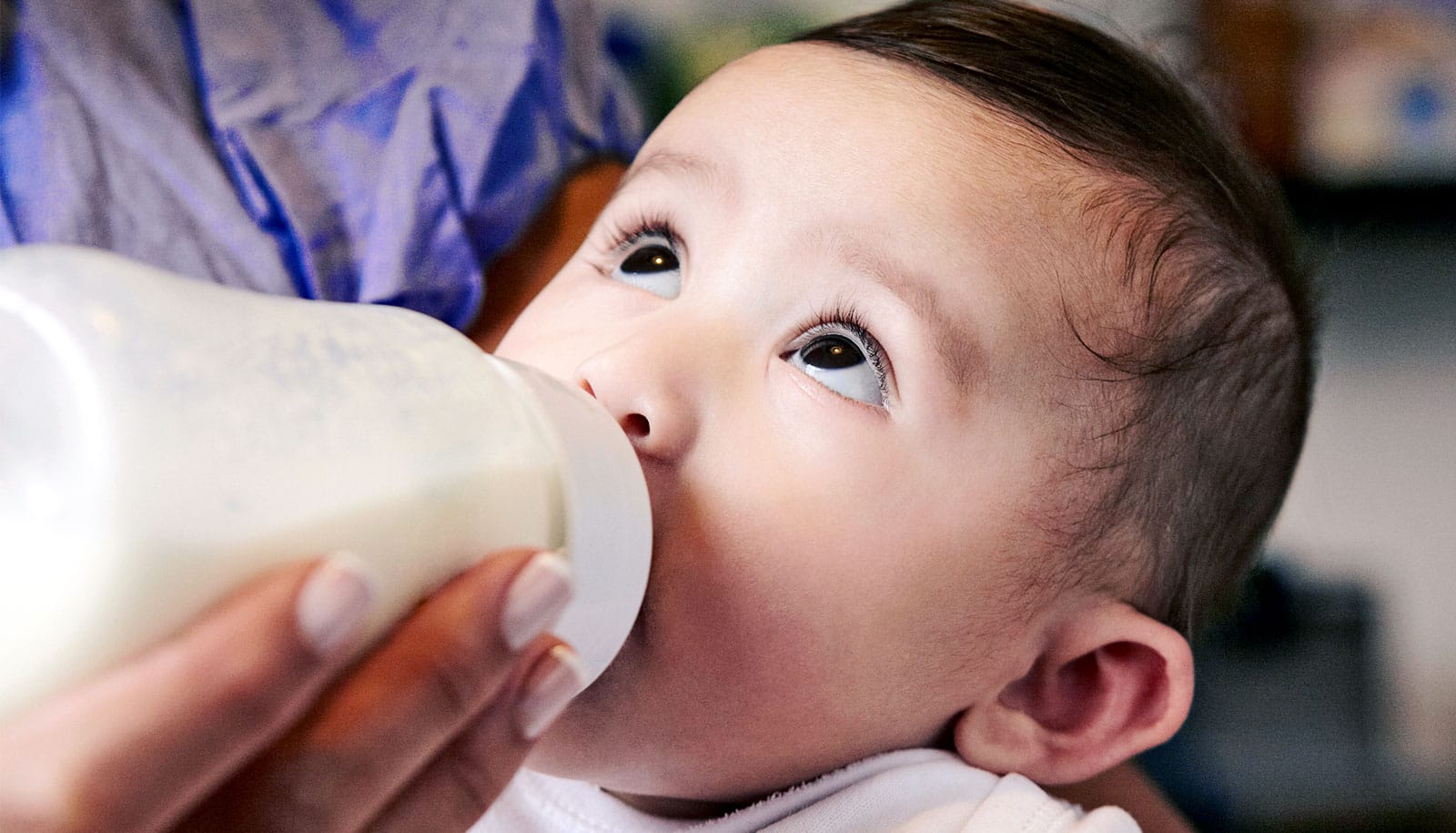A new study documents a drop in emergency room visits and a spike in the proportion of serious bacterial infections detected in newborns and young infants during the first year of the pandemic.
Published in JAMA Network Open, the study shows that from March 2020 to March 2021, the number of visits to the Montreal Children’s Hospital of the McGill University Health Centre (MCH-MUHC) emergency department for febrile infants up to three months of age decreased by two-thirds, but the proportion of serious bacterial infections (SBIs) in this vulnerable group doubled, representing 20% of cases.
In addition, life-threatening invasive bacterial infections (IBIs) tripled in proportion during the same period. These findings highlight the importance of taking extra care with febrile neonates and young infants, as public health strategies for COVID-19 continue to take place.
A common reason for an emergency room visit, a fever with no obvious source in an infant under three months of age is always of great concern. Young infants are vulnerable to infection because their immune systems are not sufficiently developed. They get most of their protection from maternal antibodies because they have low antibody production themselves. Even if the illnesses causing the fever are benign and resolve without treatment in the majority of cases, statistics from the past 30 years indicate that SBIs are usually detected in about 10% of them.
“The spike in serious bacterial infections that we observed during the pandemic is concerning. With fewer viruses circulating because of public health measures, fever is now more often a sign of a serious bacterial infection,” says the study’s principal investigator, Brett Burstein, a pediatric emergency medicine physician at the MCH and a junior investigator in the Child Health and Human Development Program at the Research Institute of the McGill University Health Centre (RI-MUHC).
“About 2% of all full-term babies are evaluated for fever in the first few months of life, and there exists significant ongoing variation in their management,” he explains. “These babies often have few other symptoms and doctors want to avoid unnecessary invasive tests, antibiotics, and hospitalization.”
Using standardized clinical, laboratory, and follow-up data collected for all young infants presenting to the MCH emergency department with a rectal temperature of 38°C (100.4°F) or higher, the authors of the study compared the proportions of SBIs and IBIs in all young infants during and before the pandemic. SBIs were defined as urinary tract infections, bacteremia, or bacterial meningitis; bacteremia and bacterial meningitis were considered IBIs.
“It is critical that physicians exercise caution and investigate appropriately, and that parents seek care for infants with fever, during the pandemic even more than before,” adds Burstein, who is also an assistant professor in the McGill pediatrics department.
Source: McGill University


